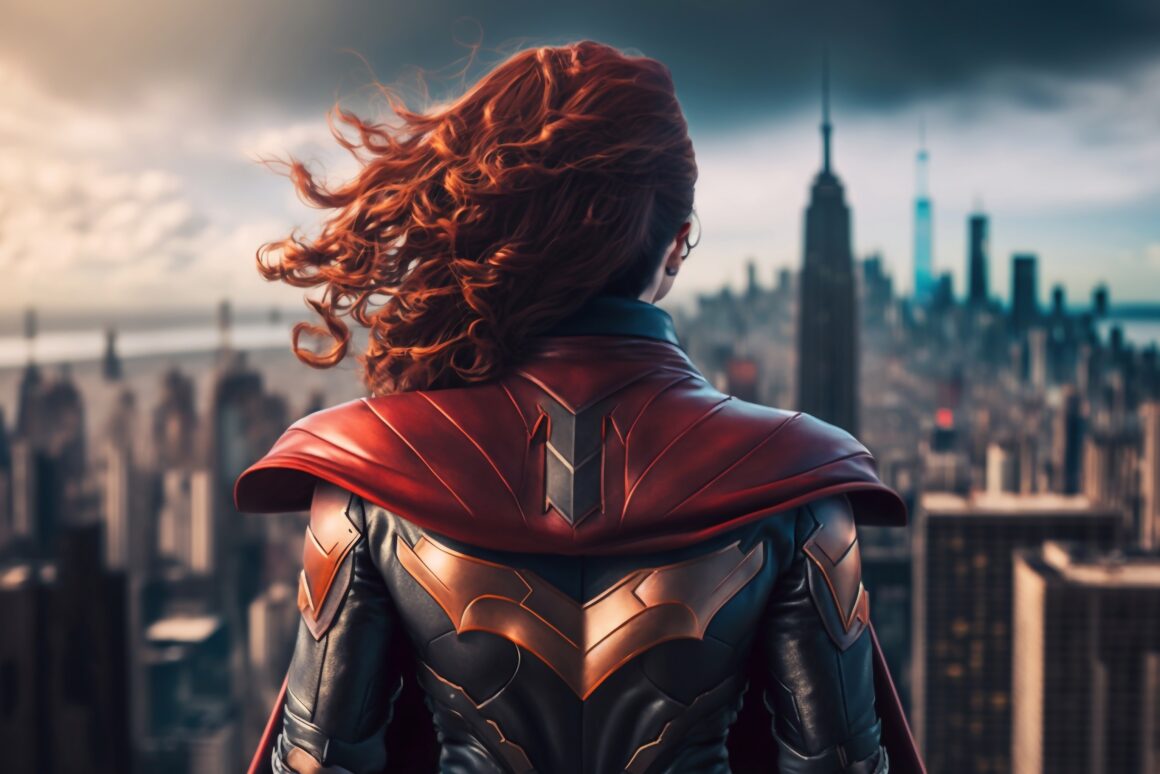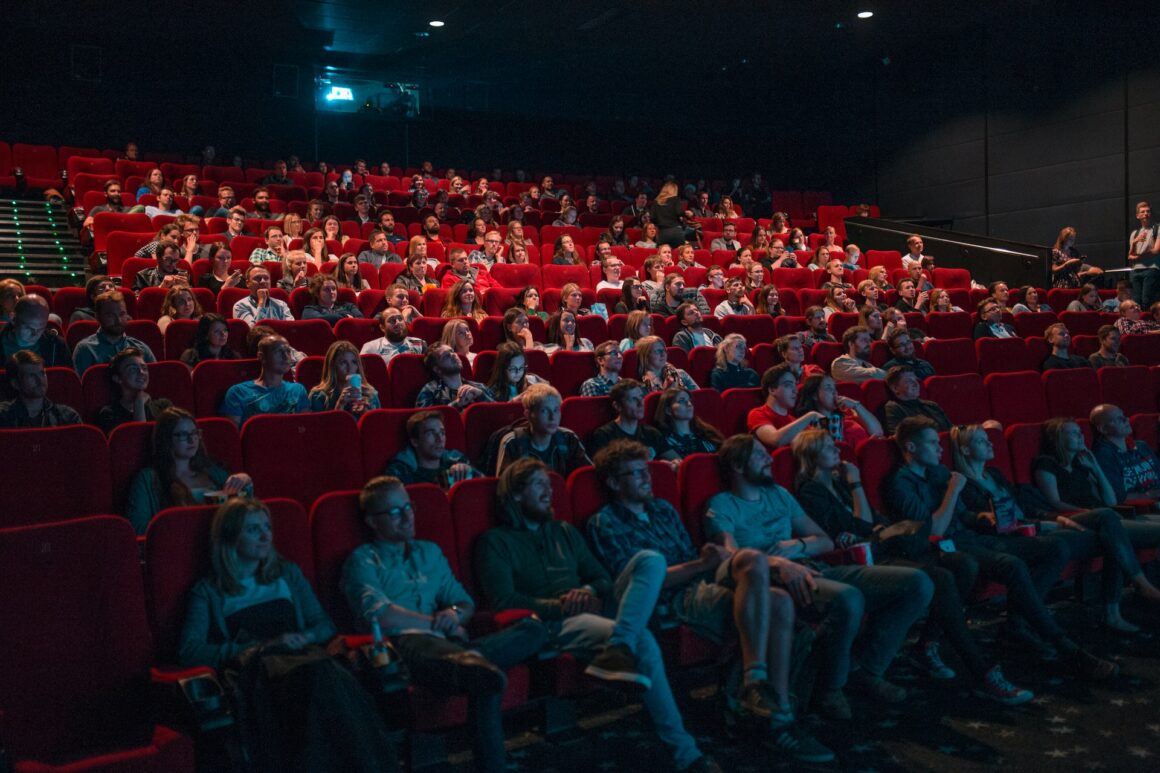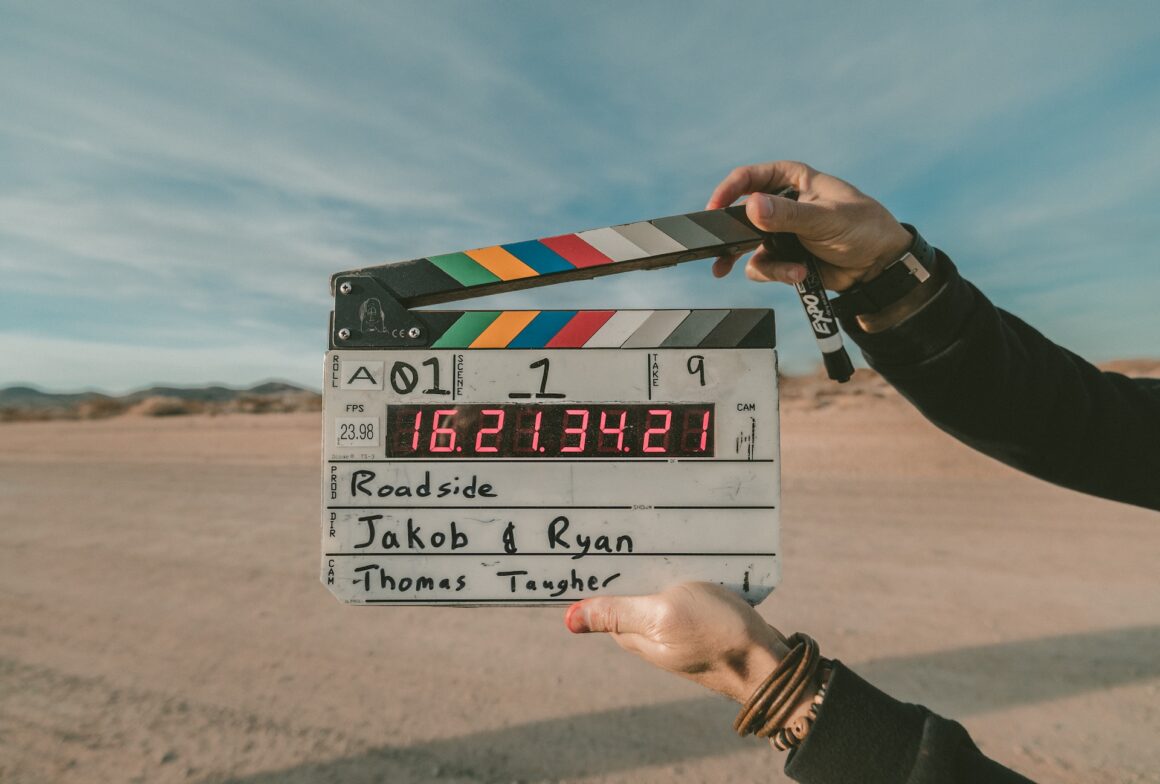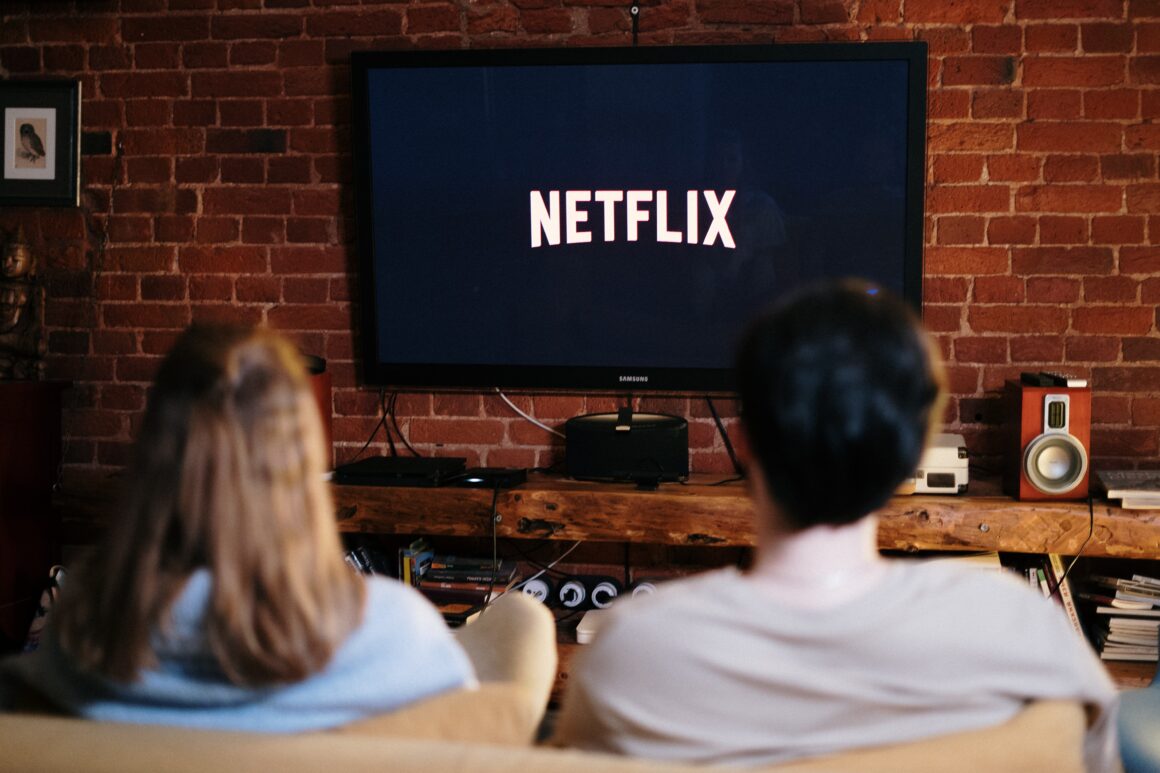Recently, YouTube sensation Zoella (Zoe Sugg) came under fire because two of her books, Girl Online (which she ghostwrote) and its sequel, Girl Online: On Tour, were voted #1 and #2 respectively in a survey to determine favorite books in secondary schools in UK.

Immediately following this revelation, The Guardian posted an article blaming Zoella for declining teenage literacy, that created a stir in the YouTube Community. This article was received with equal distaste among fans,general public and fellow YouTubers and related entities. The article has a very relevant undertone of invalidating millennials and delegitimizing young fiction. It is almost ironic because Zoella is actively involved in a Book Club she recently started with WH Smith. She has an impressive list of recommendations that she reads herself and urges other young people to read too.

The funny thing is, as pointed out by Hank Green, the article fails to backup its claims and instead discredits Zoella as a ‘digital ambassador’/ ‘vlogger’ whilst barely talking about teenage literacy.
Like…BY WHOM!? The headline makes a statement that is never backed up in the article. This is weird, right?
— Hank Green (@hankgreen) February 26, 2017
A retired primary teacher (mind you, who isn’t a fan girl or 13 year old, contrary to what the article has to say) defended Zoe in his replies.
valuable. Doesn't matter if they read the phone book; at least they're reading. I also know from my daughter how much work …
— David Hill (@lidbid46) February 26, 2017
Zoella has done to foster reading in youngsters. Same thing was said about the Harry Potter books which have started a whole …
— David Hill (@lidbid46) February 26, 2017
generation of avid readers. Silly and cheap journalism in my opinion.
— David Hill (@lidbid46) February 26, 2017
The article condemns Zoella, who is 27, for having an audience of 13 year olds who are into makeup and doughnuts and Zoe isn’t any different. What a downer. I never knew makeup and doughnuts were exclusively for teenagers.
At one point, the article completely loses focus and as a result of misunderstanding one of Zoella’s recent uploads, titles her narcissist, “…segues into the third person, though it’s unclear (to me, at least) what it is in the subject matter that necessitates the gear change. ‘I was 14 in that photo … she’s got Orlando Bloom on her wall.’ The form itself is the endpoint of narcissism, a stage of self-enthralment so complete that there is nothing too trivial to share.” Call it lousy journalism or misinterpretation, every one who has seen the video can assure you that nothing was ever spoken in third person and Zoe was only talking about a friend who had a poster of Orlando Bloom on her wall.
It is so much easier to put the blame on a successful, young woman, who toiled and worked hard to reach where she is instead of actually digging deep and finding the loopholes within the education system or lack of library funding.
Conveying relatable millennial content is a trend headlined by vloggers and writers. These people, more often than not, create positive and inspiring content that influences an entire generation. They talk about mental health, politics, sexuality and art. New media is a safe space for teenagers. It accepts them and provides for them, something that is yet to happen in other forms of media.


Sometimes definitions of success of two different people do not match but that does not give anyone the right to knock the bottom out of someone else’s success and efforts.
If any of the creators, not necessarily from YouTube, manage to change the life of an individual, it is a brilliant achievement. Being digital ambassadors, these creators have a more extensive reach than most old forms of media. With their widespread presence, these creators curate content that suits the preferences of their diverse audience. Non-native English speakers get to brush up on their language skills with the help of virtual interaction with these curators. That reminds me, both of Zoella’s books are available in several other languages too. Declining literacy? Nah.
Literacy, education and knowledge do not stop at school. They transcend beyond horizons and countries, therefore coming together to form a community that is safe, unafraid, unbiased and aware.
Internet Culture has always been under constant scrutiny and attack by traditional media. New Media is unapologetic and impartial. Instead of accepting contemporary media cultures, anything that is favored by teenagers is devalued. Zoella or not, the article in The Guardian completely confutes young children’s literacy and dismisses the importance of new age media in the construction of societies and personalities.




